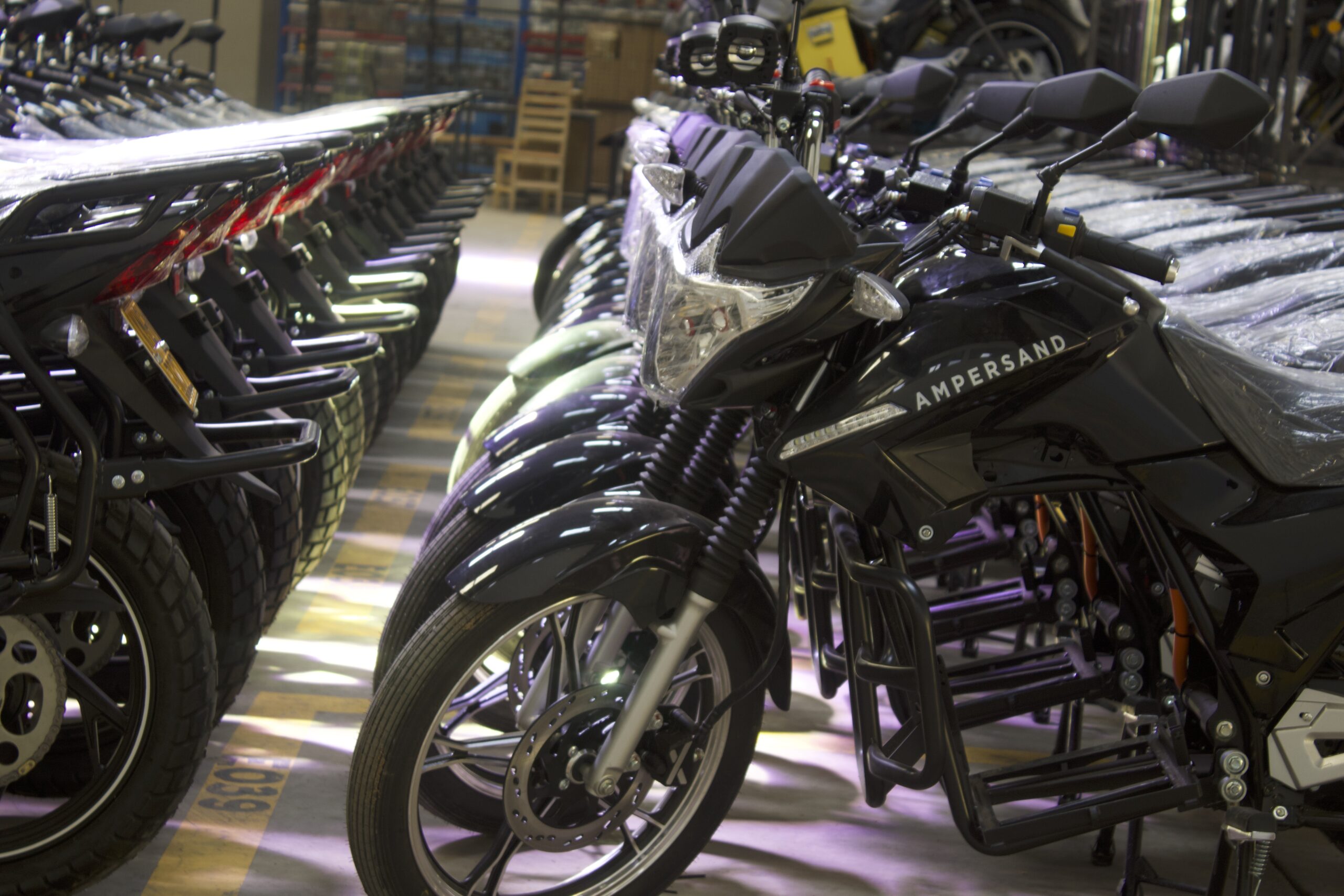Sign up for daily news updates from CleanTechnica on email. Or follow us on Google News!
One of the big arguments anti-EV and anti-cleantech people in the United States make is that fossil fuels make America stronger. Instead of focusing on intermittent and unreliable energy sources, they say, we should focus on “drill, baby, drill!” policies that make the United States an energy powerhouse. Not only do they think this would make the United States stronger geopolitically, but they also say that allies can be strengthened by giving them access to cheaper fossil fuels. They also tell us that climate change is fake, CO2 is good for plants no matter how much we add to the atmosphere, etc.
While some of this may be true in the short term in the United States, countries like New Zealand (a country that should be a US ally) aren’t in the same position we are.
A key vulnerability of NZ economy is imported transport energy (petrol diesel). When global oil price increases or NZ$ decreases, it causes inflationary cascade in NZ. Reserve bank then pushes up interest rates crushing us. We can electrify transport and make our own transport energy. +climate!!
— Russel Norman (@russelnorman.bsky.social) 2025-02-20T01:42:33.696Z
As is explained in the above post from Bluesky, New Zealanders tend to suffer more when the price of oil and gas goes up. With 38% of New Zealand’s energy imported, mostly for transportation, the country can take a big hit when prices go up. This then raises the price of everything, causing an inflationary domino effect that nobody can really stop. Should New Zealand ever find itself entangled in a major war, things could get even worse than they were during World War II, when the country never faced a direct invasion of the homeland.
It’s not just island nations that suffer from this kind of vulnerability in energy supplies. China is another example of a country facing vulnerabilities in the fuel supply. In a hypothetical World War III, it has been suggested that developing non-lethal torpedoes that can destroy propulsion systems without sinking a ship could grind China’s oil supply to a halt, which would in turn halt the country’s war effort. Aside from pollution concerns (which are very real), this is a big part of the reason the country is pushing for “new energy” projects that reduce overall dependence on oil imports.
Renewables Can Solve This Problem, Even For The United States
While critics like to point out that the sun doesn’t always shine and the wind doesn’t always blow, they are energy resources that no country can stop from reaching another. I’m aware of only two science fiction stories where solar power was cut off. One was The Matrix, and we don’t know how far into the future that was. Another one was one of the sequel books to 2001: A Space Odyssey, where advanced aliens use self-replicating machines to cast a shadow on human settlements in the solar system.
In other words, renewables are largely safe from human blockades for the reasonably foreseeable future. Even kinetic attacks on solar farms have only limited effects, as we learned from the war in Ukraine.
While the United States has been fortunate to not be blockaded or have an invasion since 1812, we too are vulnerable to supply disruptions. Even a hint of reduced supply, such as we saw during a ransomware attack on the Colonial Pipeline in 2021, can have catastrophic consequences. With China developing tail-less fighter-bombers that can’t be readily detected by even long-wavelength radar (something the US has had for decades), strategic attacks on oil infrastructure could hurt the United States, too.
In other words, there’s really no place on the planet that can’t strategically benefit from renewables.
Featured image by Jennifer Sensiba.
Chip in a few dollars a month to help support independent cleantech coverage that helps to accelerate the cleantech revolution!
Have a tip for CleanTechnica? Want to advertise? Want to suggest a guest for our CleanTech Talk podcast? Contact us here.
Sign up for our daily newsletter for 15 new cleantech stories a day. Or sign up for our weekly one if daily is too frequent.
CleanTechnica uses affiliate links. See our policy here.
CleanTechnica’s Comment Policy




